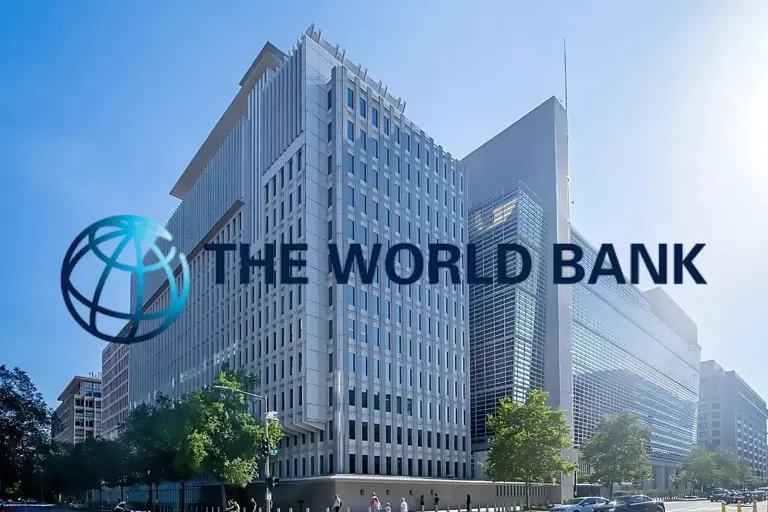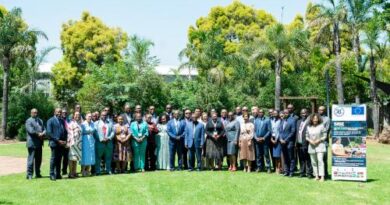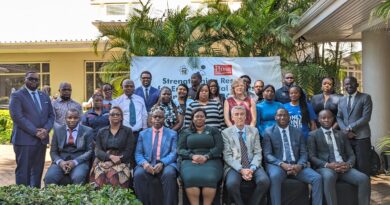World Bank Bets R26 Billion on South Africa’s Reform Agenda
The World Bank has approved a R26 billion loan to support South Africa’s sweeping economic reform agenda, which includes the restructuring of state-owned enterprises (SOEs), a transition to clean energy, and strategic partnerships aimed at restoring fiscal stability.
The loan falls under the Country Partnership Framework (CPF), a strategic agreement designed to help South Africa implement critical reforms through investment, private sector participation, and policy innovation.
Among the core goals are the unbundling of embattled power utility Eskom, boosting the country’s clean energy transition, and attracting private capital into public infrastructure projects. The National Treasury has pledged support, highlighting the need to regain control over public debt and budget sustainability.
“This partnership allows us to access immediate financial support while unlocking longer-term private investment,” said Finance Minister Enoch Godongwana. “It’s a crucial step toward stabilising the economy and addressing unemployment.”
However, critics warn of the risks of overdependence on foreign loans. Economist Redge Nkosi told SABC News that should the reform agenda stall, the country could become vulnerable to economic exploitation by foreign entities.
“The influence that institutions like the World Bank and the IFC (International Finance Corporation) gain through these loans can shift policy direction and ownership of key national assets,” Nkosi cautioned.
While South Africa benefits from short-term fiscal relief and reform support in the energy and logistics sectors, the World Bank secures long-term policy influence and market access through its private-sector arm, the IFC. This arrangement allows global corporations to partner with or invest in previously state-run industries.
South Africa’s move comes amid rising alarm over Africa’s debt burden, which has now surpassed $1 trillion. At a recent AU debt conference in Lomé, Togo, African leaders called on the International Monetary Fund (IMF) to reform Special Drawing Rights (SDRs) to promote more equitable and effective debt relief solutions.
Countries like Nigeria and Burkina Faso have already begun reducing their reliance on external loans, raising questions about the long-term sustainability of South Africa’s chosen path.
World Bank division director for South Africa, Satu Kahkonen, remains optimistic, stating the CPF loan “lays the groundwork for inclusive and sustainable growth through reforms South Africa needs.”



